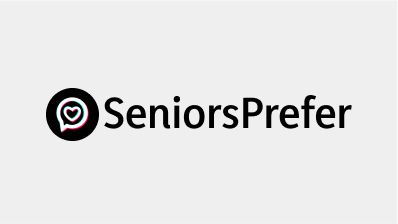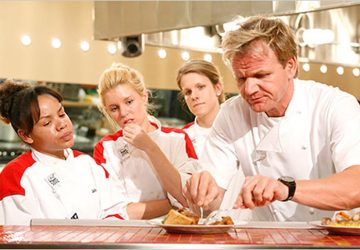Unlocking the Secrets of Preschool: Your Ultimate Guide to Early Childhood Education Programs
The significance of early childhood education programs is paramount in shaping the foundational stages of a young child's life. These educational experiences aim to furnish children with a diverse skill set before they face the structured environment of elementary education. Such programs offer a dynamic and engaging atmosphere where children's natural curiosity leads to the broadening of their thought processes. Moreover, they focus on rectifying behavioral patterns and fostering positive principles and routines.

Evaluating Preschool Educators
Assessing preschools requires a thorough understanding of the educators' quality. Variations exist among programs as they may be provided by public sector entities or private institutions, each with its unique curriculum. The dialogue continues about the content and pedagogic approaches involved in these early learning settings.
Curricular Controversies
Proponents of an academic-centered curriculum stress the necessity of mastering foundational abilities like language comprehension, basic math, and structured educational tasks. They advocate for traditional teaching strategies, confident in their good academic advantages. Contrarily, critics on a global scale suggest a curriculum that champions a child's holistic growth, touching upon aspects such as physical health, emotional balance, motor skills development, spiritual awareness, social interaction capabilities, intellectual enrichment, and effective communication with both peer groups and family members.
Skills to Foster Before Elementary School
Prior to beginning their formal schooling journey, children should ideally have developed the following competencies:
-Social Engagement: They should be adept at mingling with unfamiliar faces, attentively absorbing information, and navigating peer disputes.
-Language Proficiency: Children ought to feel at ease utilizing a broad array of words and phrases, be it through active listening, clear expression, or early stages of written communication.
-Concentration: There should be an ability to focus on novel occurrences or items, engage in basic tasks, and give undivided attention to their companions.
-Physical Awareness: Recognition of shapes and letters, showing a preference for using one hand over the other, self-sufficiency in changing clothes and bathroom habits, and a rudimentary comprehension of nutritional choices are all necessary.
-Intellectual Exploration: Engaging in pretend play, utilizing props, conducting elementary scientific exploration, and grasping foundational numerical concepts and literacy.
-Artistic Expression: Capability to craft visual representations including figures, fauna, and inanimate objects, and reproducing intricate auditory sequences or tunes.
-Critical Thinking: Being able to divert focus among distinct tasks and modify behavior based on peers' actions are pivotal skills.
Scope of Preschool Programming
Preschool curricula are robust, aiming to touch on numerous facets of development. These include personality building, emotional regulation, communication enhancement, global awareness, creative thinking, numeracy skills, motor development, play, collaboration, autonomy, and social abilities.
Through structured play and meaningful interactions, young learners cultivate the capacity to make judicious choices, manage their feelings, express compassion, handle disagreements diplomatically, foster connections, and pick up vital competencies necessary for navigating life.
-
1

Ultimate Feast for the Eyes: Top Cooking Shows Every Foodie Must Watch!
-
2

Maximize the Lifespan of Your New Dental Implants with Expert Care Tips
-
3

Ascending with Ease: The Revolutionary Journey of Stair Lift Technology
-
4

Maximizing Your Walk-In Tub's Lifespan: The Ultimate Guide to Enhanced Performance and Durability
-
5

Unlock Bigger Savings: Master the Art of Using Your Gas Rebate Card!









